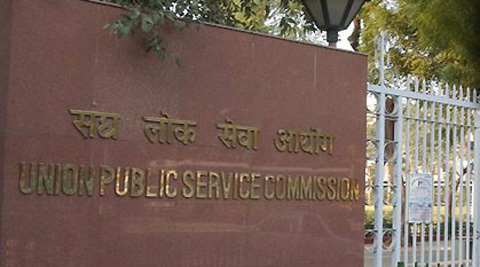Do IITians have higher chances of cracking IAS, IPS or IFS exams?
The issue of engineers graduating from premier institutes turning to government and administrative jobs has always been looked down upon. Yet, more and more IITians apply for these exams every year – and crack it too. For years now, the proportion of engineers cracking the IAS exam has been quite high.
Here are some glowing examples of engineers who aced the prestigious UPSC exam:
- IAS topper 2015 Ira Singhal is a Computer Engineer from NSIT, Delhi
- Rank 2 holder in IAS 2015 exam – Raj Purohit – is from IIT Delhi.
- Nidhi Gupt, who held Rank 3 in the IAS exam this year, is from NSIT, Delhi too.
- 2014 IAS topper Gaurav Agarwal is an IIT Kanpur alumnus.
Then, there are famous civil servants turned politicians Kiran Bedi, Manohar Parrikar, Arving Kejriwal, D. Subbarao and Ashok Khemka who are engineering graduates and are mostly from IITs.
But many people that the trend is not healthy for the administrative system of our country. Here are some of the reasons why people think engineering should not be allowed to sit for the UPSC exam:
- Wasting precious resources of India: About 30 to 40% of IITians settle abroad while about 20% opt for further studies. With a considerable percentage of IITians drifting towards specific administrative jobs, government subsidy on engineering education is being wasted. If a candidate really wants to be an administrator, he or she should not compete for the precious seats in IITs and NITs in the first place and take up relevant courses instead.
- It’s not for ‘service’ of the country but for ‘job security’: Some people argue that India is mass producing engineers these days and only about 20% are fit enough to work in the efficient MNC environment. Rest of the engineers drift towards IAS because they are lured by the ‘job security’ of government jobs – rather than the dream of doing some great service to the country.
- Unfair advantage: People allege that IITians or other engineers who opt for IAS often apply for Science or Maths papers where it is easier to score higher marks than the subjects chosen by non-engineering graduates. Hence, they get an unfair advantage of other suitable candidates.
However, there are people who think that IITians are best suited for IAS and IPS jobs. They say:
- IAS can make greater social impact: For most IITians, there is no dearth of jobs in the market. However, the social impact of working in a corporate is quite low even if it offers you big money. Hence, IITians with conscience who really want to make a difference to the society go for IAS and IPS posts that place them in a better position to make welfare decisions for the people.
- Number crunching ability: The capacity to understand and analyze statistics and data related to national problems like corruption is certainly an advantage for someone who is involved in making policies.
- Cutting down red-tapism: At IITs, students are trained to be professional and efficient. Most of the IAS officers who hail from IITs are in their 20s and do not believe in bureaucracy and red tapism. With their knowledge of technology and expertise, they can make sure that private investors in government projects have best interests of people in mind and are using the finances in an optimum manner.
- Greater insight into public welfare projects: A Civil Engineer or a Mechanical Engineer can offer better insights into the public welfare project related to their field. They can bring about efficiency, speed and innovation to their job. However, it is seen that most engineers who do join IAS are more service-oriented than ‘innovative’ and hence, lose that edge over their peers.
The truth be told, these days technocrats are being preferred over bureaucrats. So, if you are an IITian and want to go for the top posts in Civil Services, go ahead and prove your worth!

